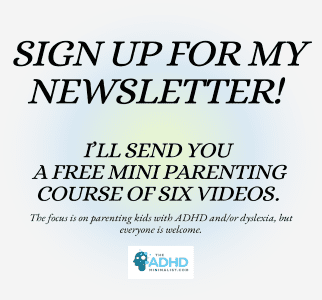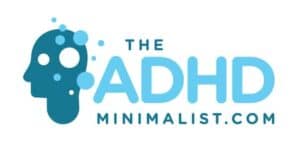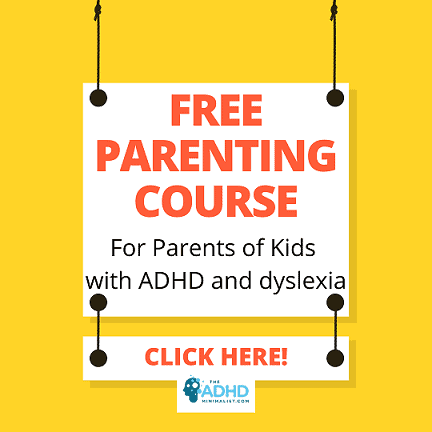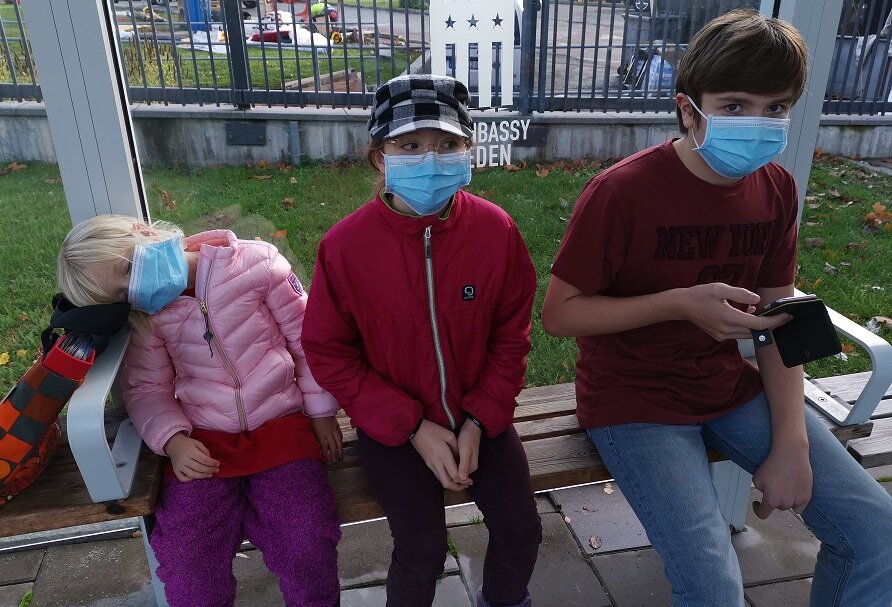
Do you have a child with ADHD who struggles with communication? Does their constant chatter often make it difficult for them to express themselves clearly? As a parent, it can be frustrating and disheartening to watch your child struggle in this way. But fear not, there are simple steps you can take to help your child communicate more effectively. We will explore five proven methods that can make a world of difference. From teaching active listening skills to collaborating with teachers, you will learn practical strategies to help your child with ADHD communicate both at home and in the classroom. So, let’s get started!

Teach Active Listening Skills
One effective way to help your ADHD child become a better communicator is to teach them active listening skills. Active listening involves paying attention to what the speaker is saying, asking clarifying questions, and providing feedback to ensure understanding. By teaching your child these skills, they will be better equipped to communicate their thoughts and ideas effectively, while also improving their ability to comprehend what others are saying.
But before you can teach your child active listening, it’s important to model good communication habits yourself. Show your child that you are fully engaged and present when they are speaking, and demonstrate how to ask questions and provide feedback respectfully and constructively.
Make a point to be an active listener yourself, you can help your child learn by example and create a positive communication environment in your home.
Once you’ve established good communication habits, you can then begin to teach your child specific active listening skills. One effective technique is to encourage your child to repeat back what they’ve heard in their own words, which can help ensure that they’ve understood the message correctly. You can also teach your child to ask clarifying questions, such as “Can you please explain that again?” or “What do you mean by that?”
Another key aspect of active listening is providing feedback, which involves giving your child your full attention and responding appropriately to what they’ve said. This can be as simple as nodding your head, saying “yes,” or providing encouraging words like “Good job!” By being an active listener yourself and teaching your child these skills, you can help them become more effective communicators and improve their overall quality of life.

Model Good Communication Habits:
As a parent or caregiver, you serve as a role model for effective communication. By modeling clear and effective communication habits, you can encourage your child to develop similar skills. Here are some habits to keep in mind:
Firstly, give your child your undivided attention when they are speaking. This means putting down your phone and turning off the TV so that you can fully engage with your child. Secondly, use language that is easy for your child to understand. Avoid using complex words or phrases that may confuse or frustrate them. Thirdly, be patient and allow your child to express themselves fully. Interrupting or cutting them off mid-sentence may make them feel dismissed or unheard.
By modeling these habits, you can help your child feel valued and heard. As a result, they may be more willing to communicate and express themselves openly.

Encourage Specific Language:
Now that you have established good communication habits, you can begin to teach your child specific language skills. One effective technique is to encourage your child to use “I” statements when expressing their feelings or opinions. For example, instead of saying “You always make me mad,” they could say “I feel upset when you do that.”
Another useful skill is to teach your child active listening techniques, such as repeating back what they’ve heard or asking clarifying questions. Additionally, you can help your child understand body language and nonverbal cues, such as facial expressions and tone of voice.
By encouraging your child to use specific language, you can help them communicate more effectively and reduce misunderstandings.
Encouraging your child to use specific language can be a game-changer when it comes to effective communication. Instead of vague or general statements, specific language helps to clarify thoughts and feelings and reduce misunderstandings. For example, instead of saying “I don’t like it,” your child can use specific language like “I don’t like the way it tastes” or “I don’t like the way it feels on my skin.” This can help the listener better understand the problem and work towards a solution.
Using specific language involves being clear and concise about what exactly is bothering your child. This skill can be improved with practice, so try to incorporate it into your daily conversations.
Encourage your child to ask questions and seek clarification when they don’t understand someone else’s message. This can help them to better understand others and be understood themselves.
By encouraging specific language, you are helping your child build strong communication skills that will serve them well throughout their life. It also helps to reduce misunderstandings and conflicts, which can lead to a happier and more harmonious family environment. In the next section, we will look at how to use positive feedback to encourage and reinforce good communication skills.

Use Positive Feedback
Encouraging specific language is an important step in developing effective communication skills in your child with ADHD. However, it’s equally important to give positive feedback to your child when they communicate effectively. This could be as simple as acknowledging when they make eye contact or using a calm tone of voice during a conversation. By doing so, you reinforce their positive behavior and encourage them to continue using those skills in the future.
When you give positive feedback, it’s important to be specific and genuine. For example, instead of just saying “Good job,” you could say “I really appreciate how you explained your feelings clearly when we were talking earlier. That helped me to understand how you were feeling and how I could help.” By giving specific feedback, you help your child to understand exactly what they did well and why it was effective.
Using positive feedback reinforces the importance of good communication skills and can help your child to feel more confident in their abilities. In the next section, we will discuss how to collaborate with your child’s teachers to help them improve their communication skills even more.

Collaborate with Teachers
Collaborating with your child’s teachers can be an incredibly valuable tool in improving your child’s communication skills. Teachers have a unique perspective on how your child communicates in a classroom setting and can provide insights into areas where your child may need more assistance.
First, schedule a meeting with your child’s teacher to discuss any concerns you may have about your child’s communication skills. Together, you can come up with a plan to support your child’s growth in this area. Additionally, you can share any strategies that have worked well at home.
Teachers can provide specific feedback on how kids communicate with peers, which can help pinpoint areas of strength and weakness.
Encourage your child to practice good communication skills both in and out of the classroom.
Finally, work with your child’s teacher to set goals for improving communication skills. These goals should be specific, measurable, and achievable. With regular progress updates and support from both home and school, your child can make significant strides in becoming an effective communicator.
In the next section, we will explore the benefits of practicing good communication skills and how this can positively impact your child’s relationships, academic success, and overall well-being.
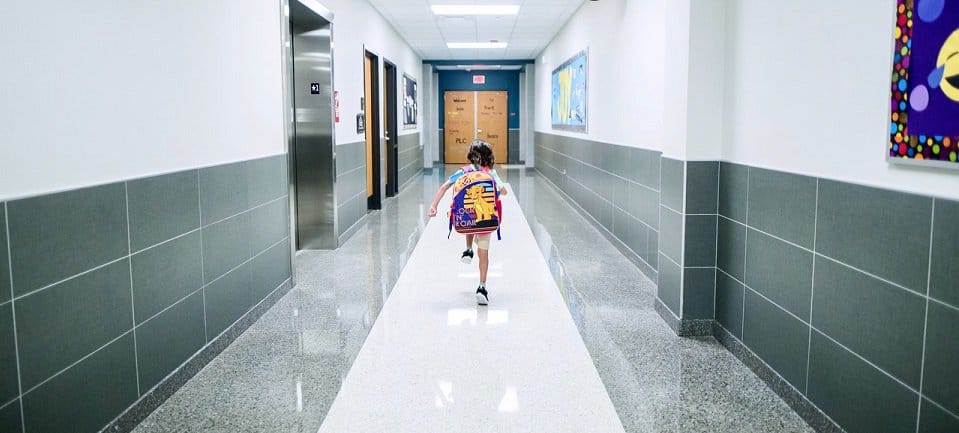
In conclusion, effective communication is essential for children with ADHD to succeed in both their personal and academic lives. By teaching active listening skills, modeling good communication habits, encouraging specific language, giving positive feedback, and collaborating with teachers, parents can help their children develop essential communication skills. Remember to be patient and supportive as your child learns and grows.
Check out the related post below for more help with excessive talking.
Using Humor to break a cycle of perseveration
